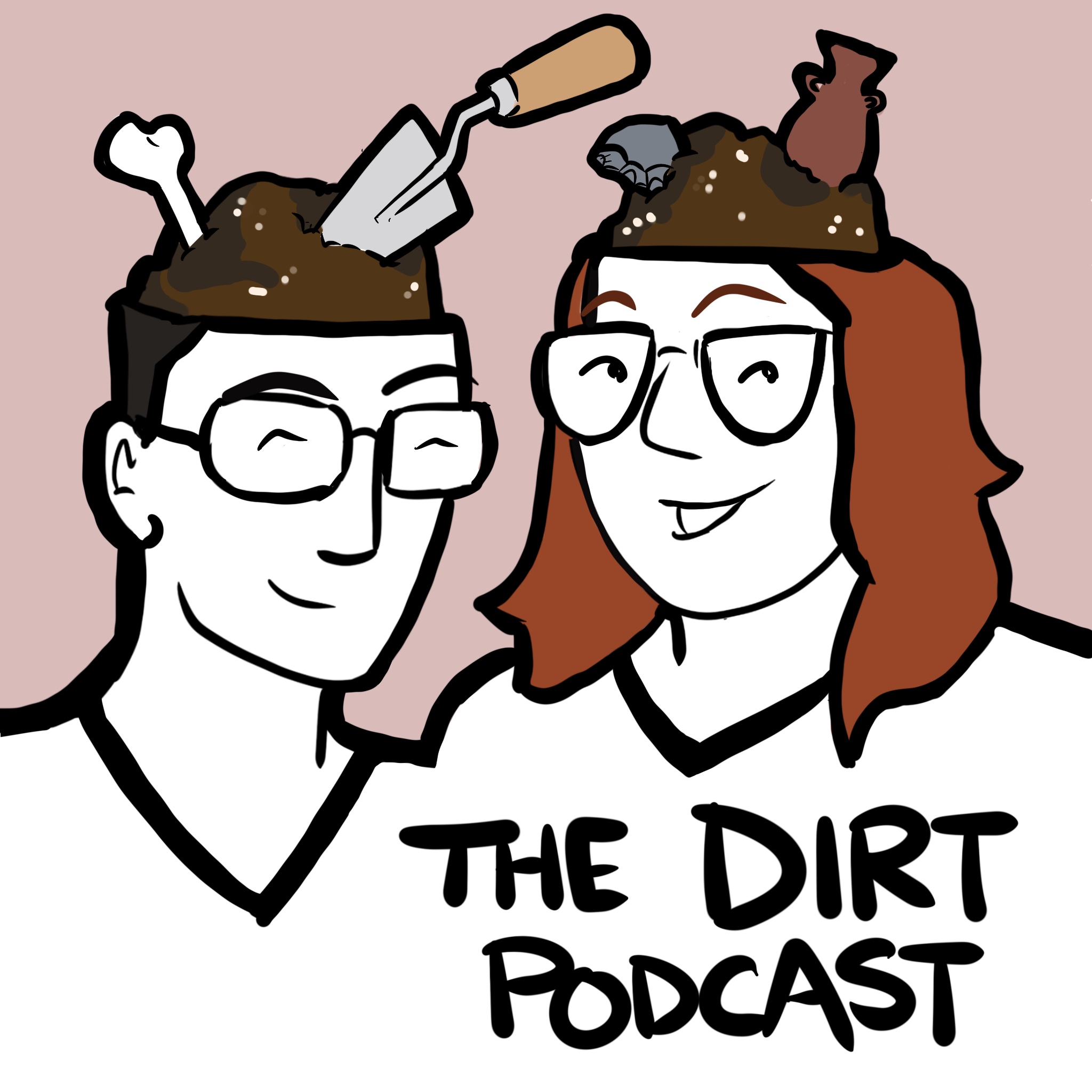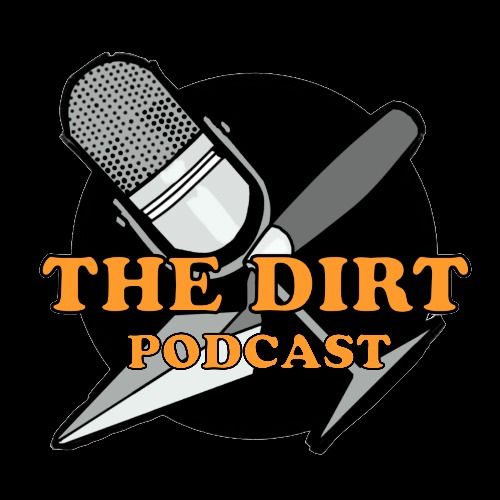bonus
Deep Cuts 3: Down the Rat Hole
We return to Flores to visit our old friends homo floresiensis, this time with a Very Special Guest in tow! In this excerpt from our Patreon episode, Grace Veatch (Emory University) walks us through her research at Liang Bua, and introduces us to the many, many things rat bones can tell us.
Veatch Bio - Smithsonian National Museum of Natural History
Human Evolution 3D Collection (Smithsonian National Museum of Natural History)
And, since we are nothing if not generous to our Patrons, two more bonus links:
Playthrough of Rats! (1996), a Shareware game for Windows that featured prominently in Amber’s childhood.
Today in terrifying-to-The-Dirt headlines: Huge lizard terrorizing Florida family is species sold online for live overnight delivery (Sun Sentinel)

